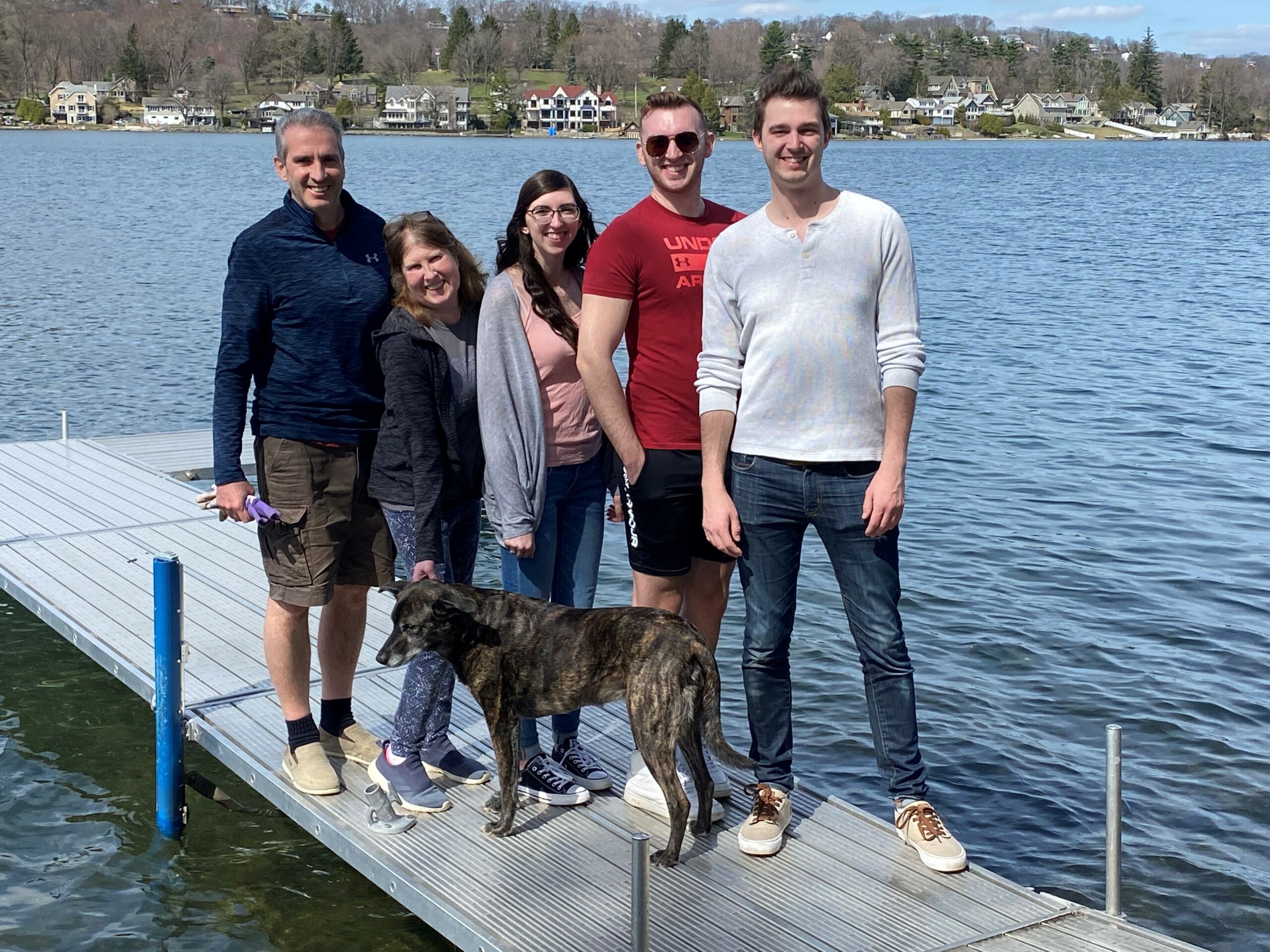SPARTA, NJ – Allison Ognibene, a 50-year-old resident of Sparta, New Jersey, has been living with a heart and double-lung transplant for 35 years, making her one of the longest-living transplant recipients in the world. Allison was diagnosed with Primary Pulmonary Hypertension (PPH) as a young girl, a rare disorder that claimed the lives of her father and two sisters. But thanks to the miracle of organ donation and transplantation, Allison was able to undergo successful surgery at the University of Pittsburgh in 1988.
Despite facing numerous health challenges, including a heart attack and battles with cancer, Allison remains optimistic and credits her strong faith, family, and friends for her resilience. She is also a passionate advocate for organ donation and works closely with the NJ Sharing Network to raise awareness about the importance of registering as an organ and tissue donor.
“I am living proof of the power of organ and tissue donation and transplantation,” said Allison. “I have made it my personal mission to encourage as many people as possible to register as organ and tissue donors. Just one organ and tissue donor can save eight lives and enhance the lives of over 75 others.”
With over 100,000 Americans, including nearly 4,000 New Jersey residents, currently waiting for a life-saving transplant, Allison’s story serves as a powerful reminder of the life-changing impact that organ donation can have. In 2022, NJ Sharing Network reported all-time highs in the number of organ donors and organs transplanted, reflecting a growing trend of increased support for organ donation.
Through her advocacy work and her own inspiring journey, Allison hopes to encourage even more people to consider becoming organ and tissue donors.
